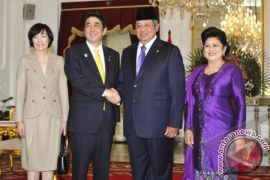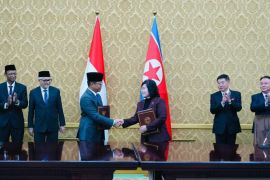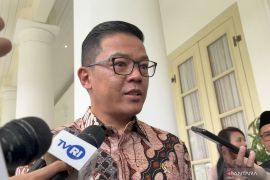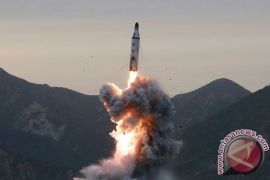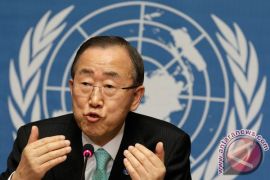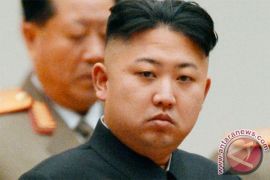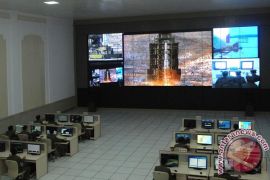Shinzo Abe said Tokyo judged Pyongyang, which pledged to re-investigate the disappearances of Japanese citizens, had shown sufficient willing in resolving the decades-old row and that this needed to be reciprocated.
"We have concluded that an unprecedented scheme that can make national decisions has been established. In accordance with the principle of action to action, we will lift part of the measures taken by Japan," Abe told reporters.
The move comes after the two sides met in Beijing to discuss what happened to the dozens -- or even hundreds -- of people Japan says were snatched by North Korean spies to train their agents in language and customs during the 1970s and 1980s.
The sanctions in question are additional to international strictures imposed after UN Security Council resolutions in the wake of nuclear and missile tests carried out by the North.
"Our stance of comprehensively resolving the issues of abduction, nuclear and missiles has not changed at all," Chief Cabinet Secretary Yoshihide Suga told reporters.
"As a matter of course, we are going to coordinate with the United States and South Korea on the issues," Suga said.
Tokyo plans to lift a ban on North Koreans entering Japan, waive the reporting requirement for remitting more than 100,000 yen ($1,000) in cash and end the prohibition on some North Korean ships entering Japanese ports, government officials said.
Abes cabinet will formally lift the sanctions on Friday when North Korea is scheduled to set up the investigation committee in Pyongyang, Suga said.
"North Korea appears to be showing its seriousness, and the Japanese response is reasonable," said Satoru Miyamoto, a North Korea expert at Seigakuin University in Saitama, north of Tokyo.
"But this is just the beginning as no one knows about what the results will be," Miyamoto told AFP.
"Prime Minister Abe has taken a gamble and will have to make tough, political decisions from now on," he said.
Editor: Ella Syafputri
Copyright © ANTARA 2014


